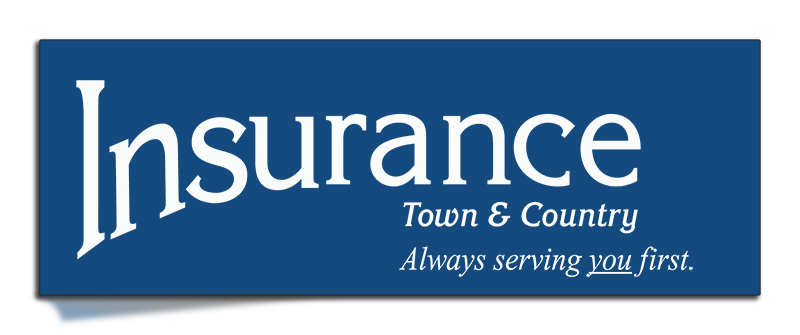Colorado drivers are likely asking themselves “why are my car insurance rates going up?”
Startling insurance loss trends are emerging that put Colorado in the top ten states for growth in insurance claims and costs to pay those claims.
Coloradans are now starting to see those skyrocketing costs add up to higher insurance premiums and they want to know why. Some quick facts to help you better understand Colorado’s volatile auto insurance marketplace, along with potential solutions that would benefit all Colorado drivers.
- Bottom-line: There are more auto accidents and each accident is more likely to end up in costly litigation.
- Colorado ranks 4th in the U.S. for growth in number of auto insurance damage claims filed since 2013 with the 2nd highest increase in collision repair costs. Colorado insurance companies recorded a loss of nearly 18% on physical damage in 2014 (Source: Fast Track Monitoring).
- Traffic fatalities increased 24% from 2014 to 2016 (Source: CDOT).
- Colorado’s damaging hailstorms cause millions of dollars in damage annually. September 2014 recorded the state’s 4th most costly hailstorm, a July 2016 Colorado Springs hailstorm resulted in the 6th most costly and 2009 the most expensive hail season with $1.4 billion in insured losses (Source: RMIIA).
- Colorado’s “Lawsuit Tax.” It’s no coincidence that every time you turn on the TV, radio or see an RTD bus or train pass by there is another trial lawyer ad promising you that suing your insurance company will win you more money than the lottery. Unfortunately, due to Colorado’s lawsuit laws that may be true, but insurance companies aren’t the only ones paying. All Colorado drivers ultimately foot the bill for an out-of-control system pushing insurance costs and rates higher. Marketplace drivers like legislative mandates that incentivize lawsuits and exorbitant jury awards are key cost drivers. Colorado Auto Insurance
- Colorado ranks 4th in the U.S. for growth in number of auto insurance damage claims filed since 2013 with the 2nd highest increase in collision repair costs. Colorado insurance companies recorded a loss of nearly 18% on physical damage in 2014 (Source: Fast Track Monitoring).
Fact Sheet: http://www.rmiia.org/downloads/Auto%20Insurance%20Marketplace.pdf
Ask your Colorado State Legislators to support and VOTE YES on these 4 Colorado auto insurance reform bills:
- SB-181 “Phantom Medical Costs”: allows Colorado juries to have access to both billed and actual paid amounts for medical care to make more informed and fair settlement judgments. Juries are currently only allowed to see astronomical medical bills initially charged, but never actually paid to treatment providers. These “phantom costs” dramatically drive up damage awarded by the courts.
- Bill link: http://leg.colorado.gov/bills/sb17-181
- SB-182 “Uninsured Motorists’ Double Dipping”: allows for an offset with combined coverage in a claim, so when med pay is initially paid by your insurer for medical bills that amount would go toward the total amount of a UM/UIM claim, rather than creating a situation where the settlement is more than limits paid for and creating a double dipping coverage situation. The bill would also no longer allow drivers to “stack” all the uninsured motorist policies in their household to collect multiple coverage for one uninsured motorist claim.
- Bill link: http://leg.colorado.gov/bills/sb17-182
- SB-191, “Market-based Prejudgment Interest”: Colorado law mandates insurers pay 9% interest on lawsuit awards. Given that most investments don’t provide a return of 9% such a high statutory interest rate creates incentive to file a lawsuit and a disincentive to settle a lawsuit. This bill ties judgement award interest to a market-based index to reflect current economic conditions.
- Bill link: http://leg.colorado.gov/bills/sb17-191
- “Protection Against Vendor Lawsuits”: disallows third party vendors, such as roofers, auto body repair shops from stepping into shoes of insureds, without their knowledge or permission, to sue insurance companies under a contract that is with the policyholder. Settlements represent at least double damages and attorney fees—legal costs that are passed on to all consumers.
During the past five years, premiums collected by insurance companies can’t keep up with skyrocketing claim costs—costing all Colorado auto insurance consumers higher premiums.
Information & Resources: Property Casualty Insurers Association of America www.pciaa.net
Rocky Mountain Insurance Information Association www.rmiia.org

